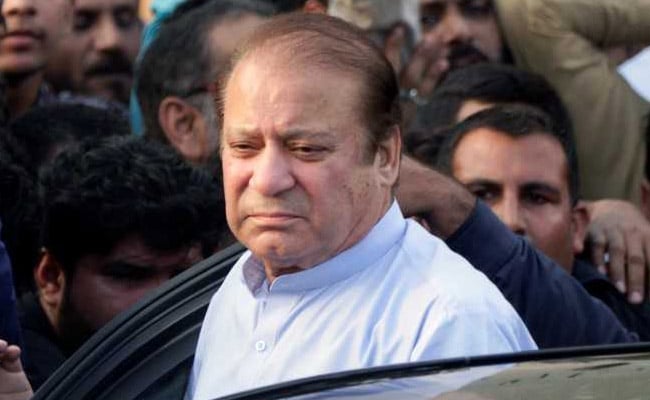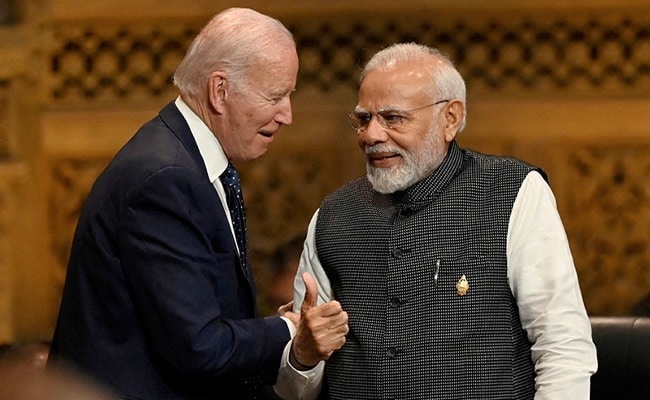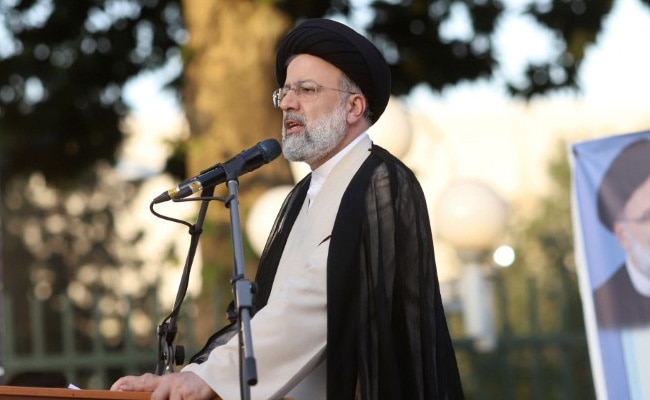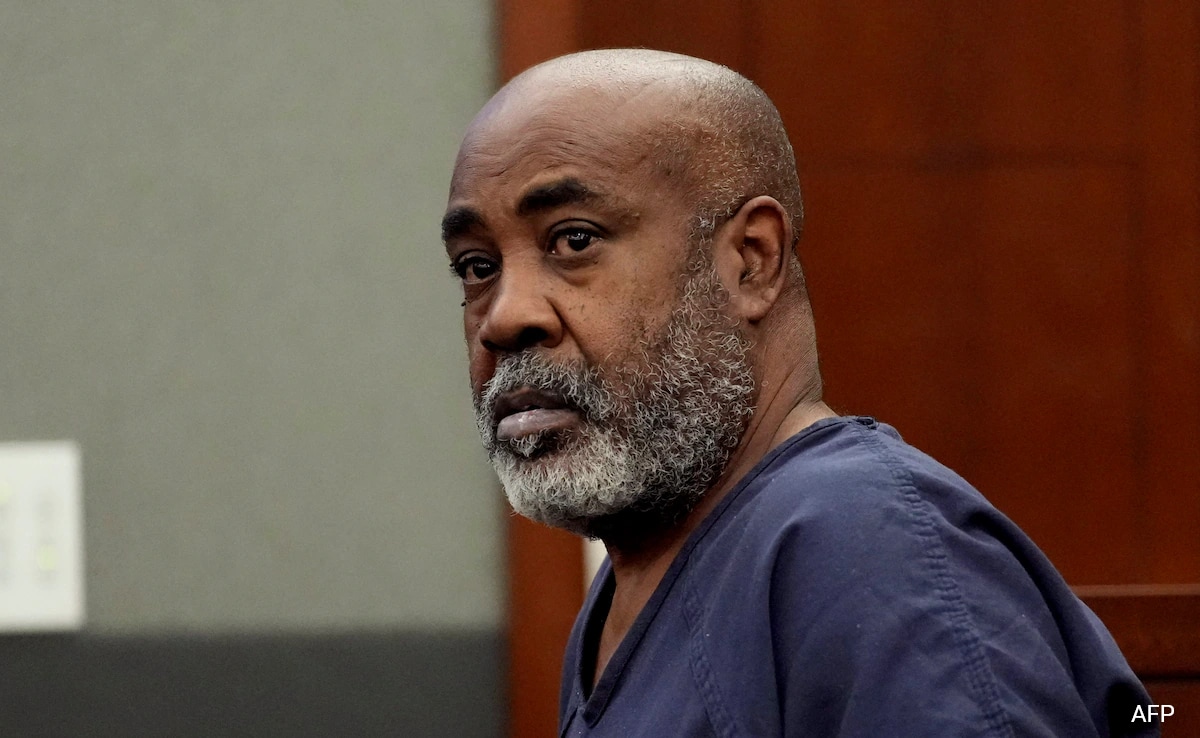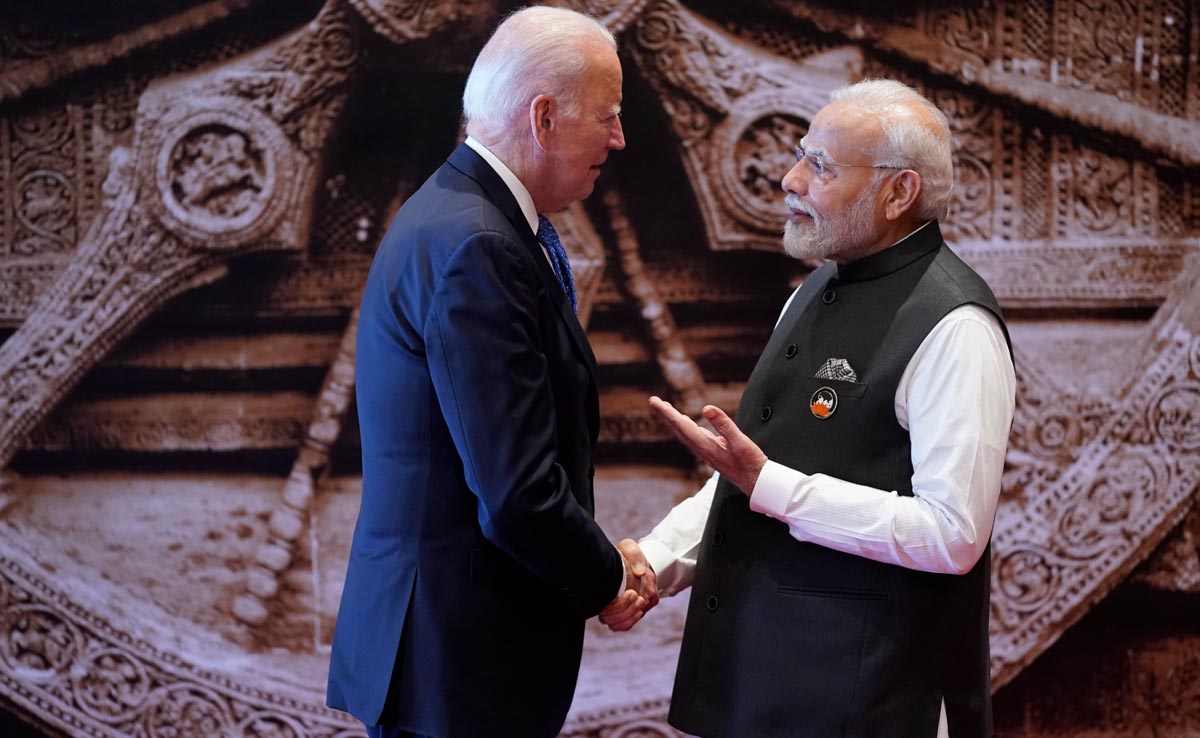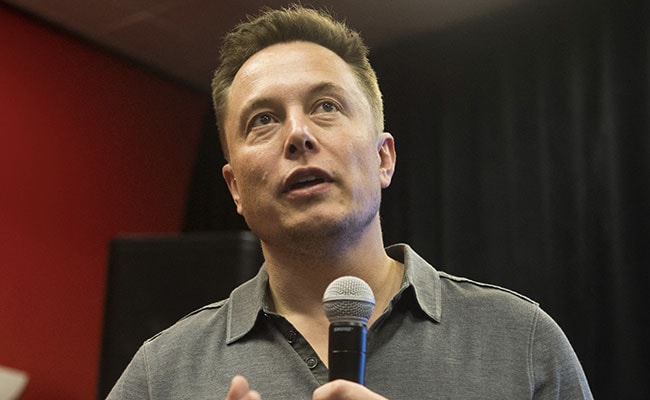U.S. Commerce Secretary Gina Raimondo speaks during the press conference at the Boeing Shanghai Aviation Service Co., Ltd, in Shanghai, China, on Aug. 30, 2023.
| Photo Credit: AP
Business in China could become “too risky” for U.S. firms without changes to the regulatory environment, Commerce Secretary Gina Raimondo warned on August 30 as she wrapped up a visit to the world’s second-largest economy.
Speaking on her fourth day in China and after several rounds of talks with officials as well as with U.S. firms, Ms. Raimondo said she had raised “tough issues” with local counterparts.
The business environment in China “has to be predictable, there has to be a level playing field, there has to be due process, there has to be transparency”, she told a press conference near Shanghai.
“U.S. business needs to see some action taken to address these issues, otherwise they will deem it as too risky,” she said.
Ms. Raimondo is the latest in a series of senior U.S. officials to visit Beijing, as both sides seek to defuse tensions across a range of security and economic issues that have been at their highest levels in years.
“I raised the tough issues like subsidies, like China’s non-market practices, like raids on U.S. firms, like intellectual property theft,” Ms. Raimondo said.
She also said she had raised the alleged hacking of her email by China-based actors with Beijing officials.
“I mentioned that as an example of an action that erodes trust at a time when we are trying to stabilise the relationship,” she told a digital press briefing following the media availability in Shanghai.
But this week’s talks were “productive”, she added, and an “excellent start”.
“Nothing good comes from shutting down communication,” she said.
U.S. firms in China have long complained about what they see as an unfair business environment, with limited protection for intellectual property and preferential treatment afforded to domestic competitors.
Those fears have been compounded this year by a broad crackdown on U.S. consulting firms operating in China.
A new anti-espionage law, which came into force on July 1, has also spooked foreign and domestic firms as they try to decipher authorities’ intentions and, crucially, pinpoint what is off-limits.
Ms. Raimondo has used the trip to seek more open discussions with the Chinese over trade curbs and the two sides have agreed to set up a working group to iron out the laundry list of trade disputes between them.
They also agreed to establish what Washington called an “export control enforcement information exchange”— described as a platform to “reduce misunderstanding of U.S. national security policies”.
That group held its first meeting on August 29, Ms. Raimondo said.
“It was an open dialogue,” she said.
“We were able to clarify in the first meeting that we’re not targeting China,” she added.
“We’re targeting certain behaviour. We’re targeting actions and behaviour which undermine U.S. national security.”
Ms. Raimondo has repeatedly stressed this week that U.S. curbs on Chinese businesses— which Washington says are aimed at protecting its national security— need not affect the broader economic relationship.
Chinese officials have pushed back, with Premier Li Qiang telling Ms. Raimondo on August 29 that the U.S. moves to “politicise” trade issues would prove “disastrous” for the global economy.
“Politicizing economic and trade issues and overstretching the concept of security will… seriously affect bilateral relations and mutual trust,” Li told Raimondo, according to China’s official Xinhua news agency.
On August 30, Ms. Raimondo told Shanghai Communist Party chief Chen Jining that the U.S.-China economic relationship was “among the most consequential in the world”.
Later, she met with students at New York University’s campus in Shanghai and spoke at a meeting of women executives hosted by the American Chamber of Commerce in the city.






